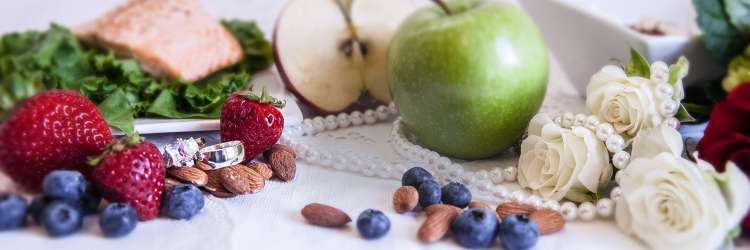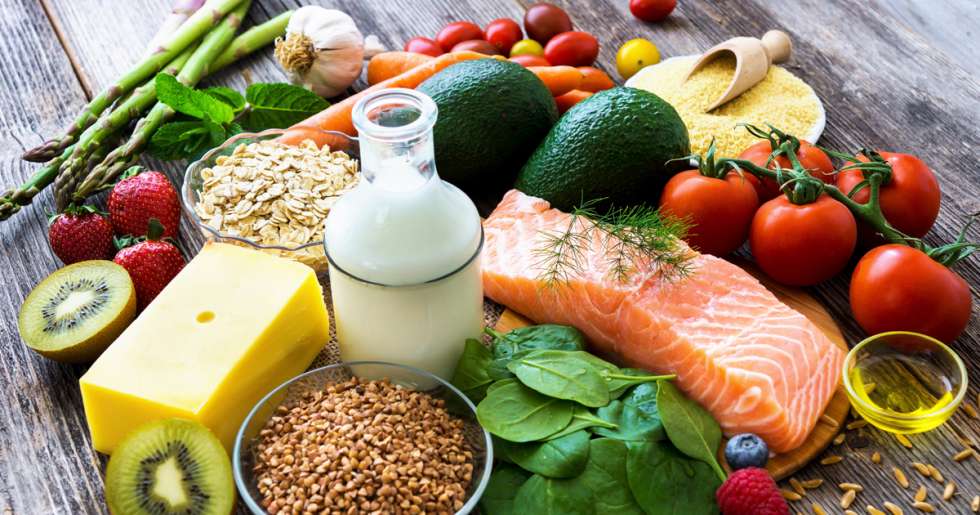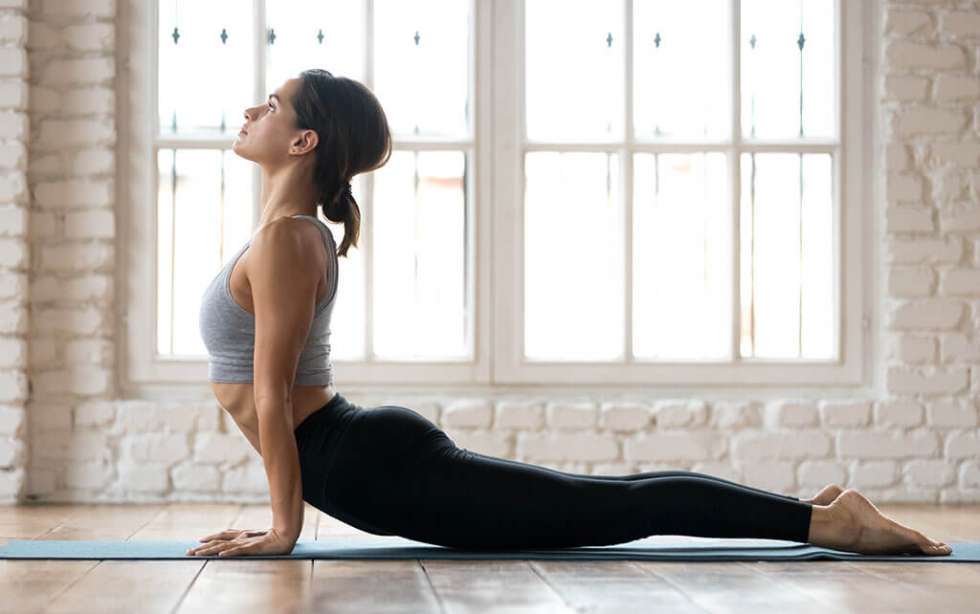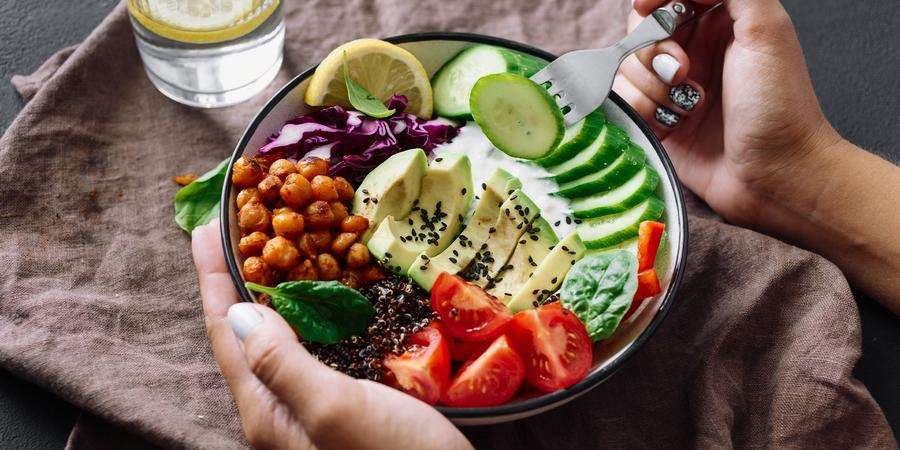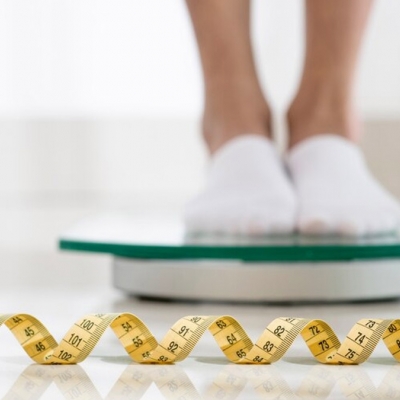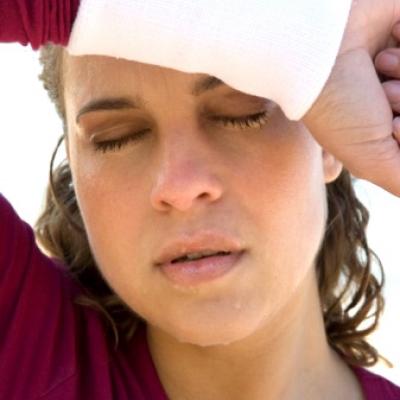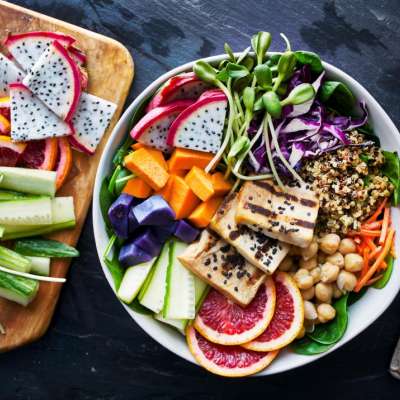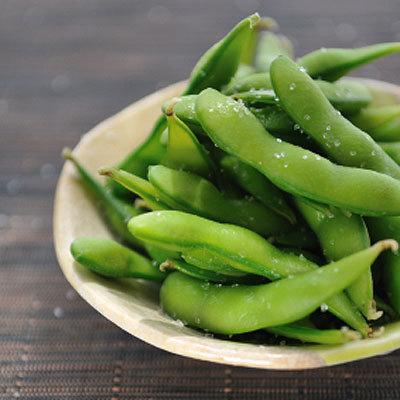How to Stop Stress Eating

If you find yourself eating more when you’re stressed out, don’t worry… you’re not alone! Many people across the globe are emotional eaters; some eat when they’re stressed, sad, and frustrated, while others eat when they’re happy and excited. And many brides tend to eat more when dealing with wedding stress.
Emotional eating can cause you to gain unnecessary weight since you’re eating without even being hungry.
Now if you’re a bride, you’re bound to be stressed and emotional, and the last thing you need to worry about is emotional eating! Your wedding date is approaching, stress is building up and you’re tempted to reach for a chocolate bar, but don’t! The last thing you need is more stress caused by bad food choices, which can eventually increase your risk of high blood pressure, obesity, and the chances that you’ll go ballistic when your wedding planner, for the third time, asks you what flower arrangements you want for the special day.
For more health tips to how to look and feel your best on your wedding day, click here!
So here are a few tips to help you control the habit:
Disconnect
Take a break from Facebook, Twitter, and E-mails! If you find yourself stressing out, turn your phone off for one hour, relax and read a book or just go out for a walk.
Eat Healthy
Take a deep breath, and read the following list on the best stress-beating foods:
Avocados: When stress leaves you craving for fatty foods, skip the unhealthy treats, and opt for an avocado or homemade guacamole instead. The rich, creamy texture may satisfy your cravings, as well as ease down your frantic mood. Furthermore, the monounsaturated fat and potassium in avocados help to lower blood pressure. Fact: Just half an avocado will offer more potassium than a medium-sized banana. Why not try an avocado salad dressing? Puree a medium avocado with 2 tablespoons of lemon juice and a dash of cayenne pepper.
Almonds, Pistachios & Walnuts: The next time you feel the heat rising, reach for a handful of almonds. They are loaded with vitamins B and E, which will help improve your immune system and help you cope with stressful situations. Studies show that eating a handful of these nuts a day lowers blood pressure so your heart doesn’t have to work overtime. For added flavor, try adding your daily serving to cereals, oatmeal, or salads!
Skimmed Milk: Calcium can reduce muscle spasms and soothe tension, which is why people who suffer from insomnia and restlessness are recommended to drink some warm milk before sleeping. A glass of milk a day may also reduce stressful PMS symptoms in women, such as mood swings, anxiety, and irritability. Wouldn’t that be nice?
Salmon: Stress hormones and omega-3 fatty acids do not get along well. Studies show that diets rich in omega-3 fatty acids keep cortisol, a stress hormone, from rising. Eating a serving of fatty fish (ex. salmon, mackerel, or tuna) at least twice a week will make a difference to your stress levels. Not a fish eater? Then incorporate omega-3 daily supplements to your diet.
Oranges: The magical nutrient here is vitamin C. It has been noted that people who take vitamin C feel less stressed and their blood pressure returns to normal faster than those who don’t.
Oatmeal: When you eat carbohydrates your brain produces serotonin, the same brain chemical that relaxes you when you eat dark chocolate. The slower your body absorbs carbs, the more steady the flow of serotonin in your bloodstream. Thick oatmeal is high in fiber; it takes a long time for your stomach to digest it. The result: a calmer you. Take time to cook some old-fashioned oats in the morning with a swirl of honey on top to give you a good head start to your day.
Dark chocolate: Dark chocolate has stress-relieving properties as well as many other benefits. It can also help with your sweet cravings!
Hot drinks: Any kind of hot drink will fill you up and relax you, our favorite is green tea which can help relieve stress. Craving something sweet? Add some honey to your drink.
Take Your Supplements
Here are the 7 best vitamins and supplements to help you combat stress.
Omega 3: Other than its many health benefits, Omega 3 helps control stress hormones and helps prevent heart disease and mood disorders.
B Complex Vitamins: B vitamins have been suggested to improve symptoms of stress, such as mood and energy levels, by lowering blood levels of the amino acid homocysteine.
Magnesium: Magnesium is a mineral that is essential for muscle and nerve function. Multiple studies have shown that magnesium is especially crucial for sleep.
Read
Read: If you find yourself stressed, don’t head to the fridge. Instead, get a good book and start reading, try to relax for 5 minutes and you will feel less stressed by 50%. Make sure you are sitting right, sitting upright, with proper support for your back, hips, and legs, will help your muscles relax, so you can focus on your story instead of those pesky aches and pains.
Eating with Right Surroundings
Have your meals in the dining room or kitchen, don’t eat in front of the TV or laptop. This will help you control your portions and enjoy your meal even more. Eat slowly and savor every bite.
Sleep
If you’re not getting enough sleep, you are bound to snap! 7 to 8 hours of sleep will help you stay more focused and be more tolerant.
Take short naps. If you take short, 20-minute power naps every day, you are more likely to feel refreshed and your mind will feel well-rested, as well as your body.
Pilates or Yoga
Nothing will help you feel calmer than a class of Yoga or Pilates.
Both Pilates and Yoga are an enjoyable way to get your body into better shape, create more flexibility, relieve stress, and strengthen your muscles. You could have a go at both and then see which one you prefer, enjoy, and benefit from the most.
Drink Water
It is an obvious one, we know, but it’s mentioned everywhere for a reason! The pros say that a lot of stress and fatigue is actually a result of dehydration! So keep a bottle of water with you at all times, and keep on drinking.
Eat Smaller Meals
Avoid foods that are high in sugars, fat, and carbs, and try to limit your caffeine and nicotine intake. Stay away from energy drinks!
Meet Yasmine, Your AI Wedding Assistant
Get instant answers to all your wedding planning questions. From venues to vendors, Yasmine is here to help!

